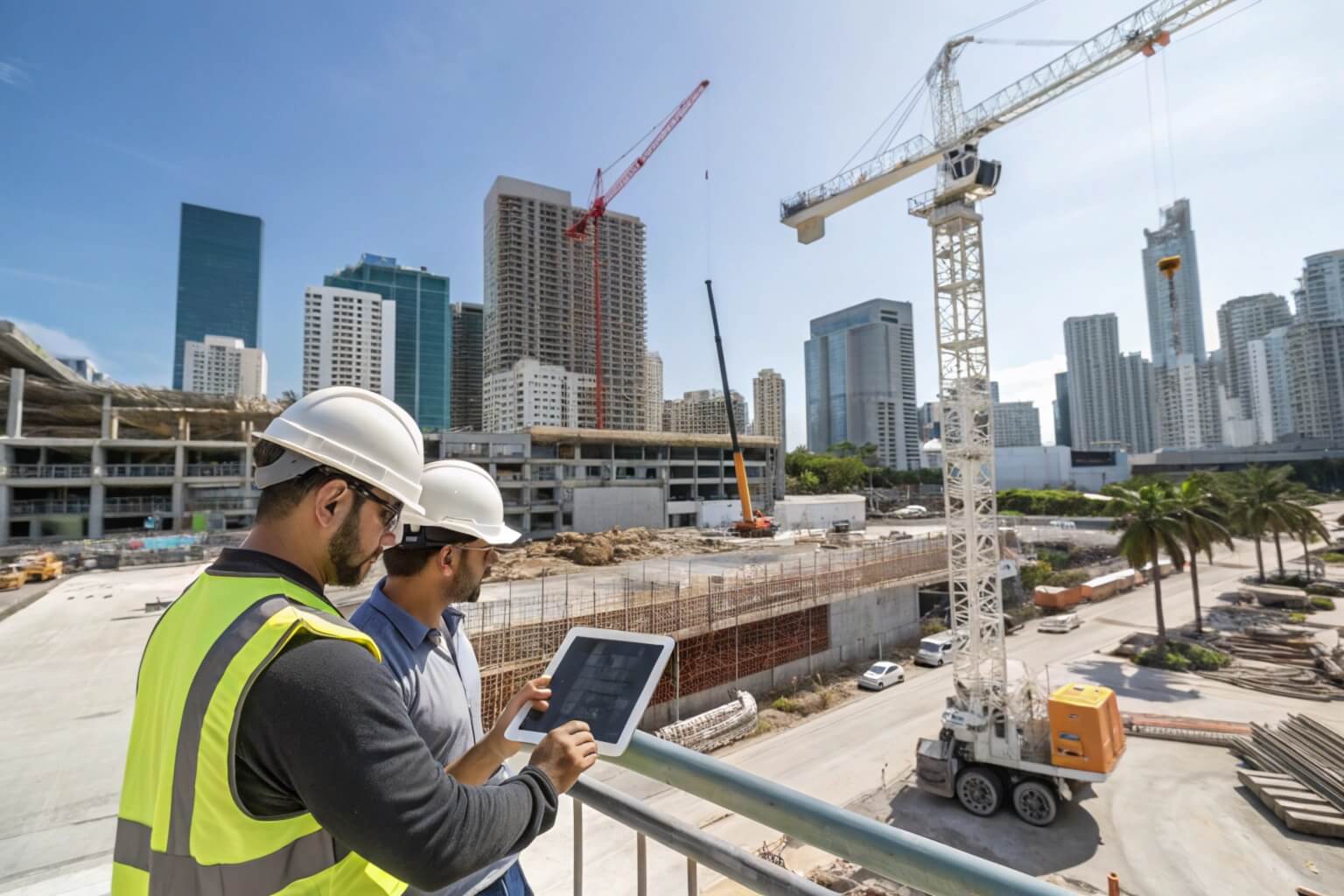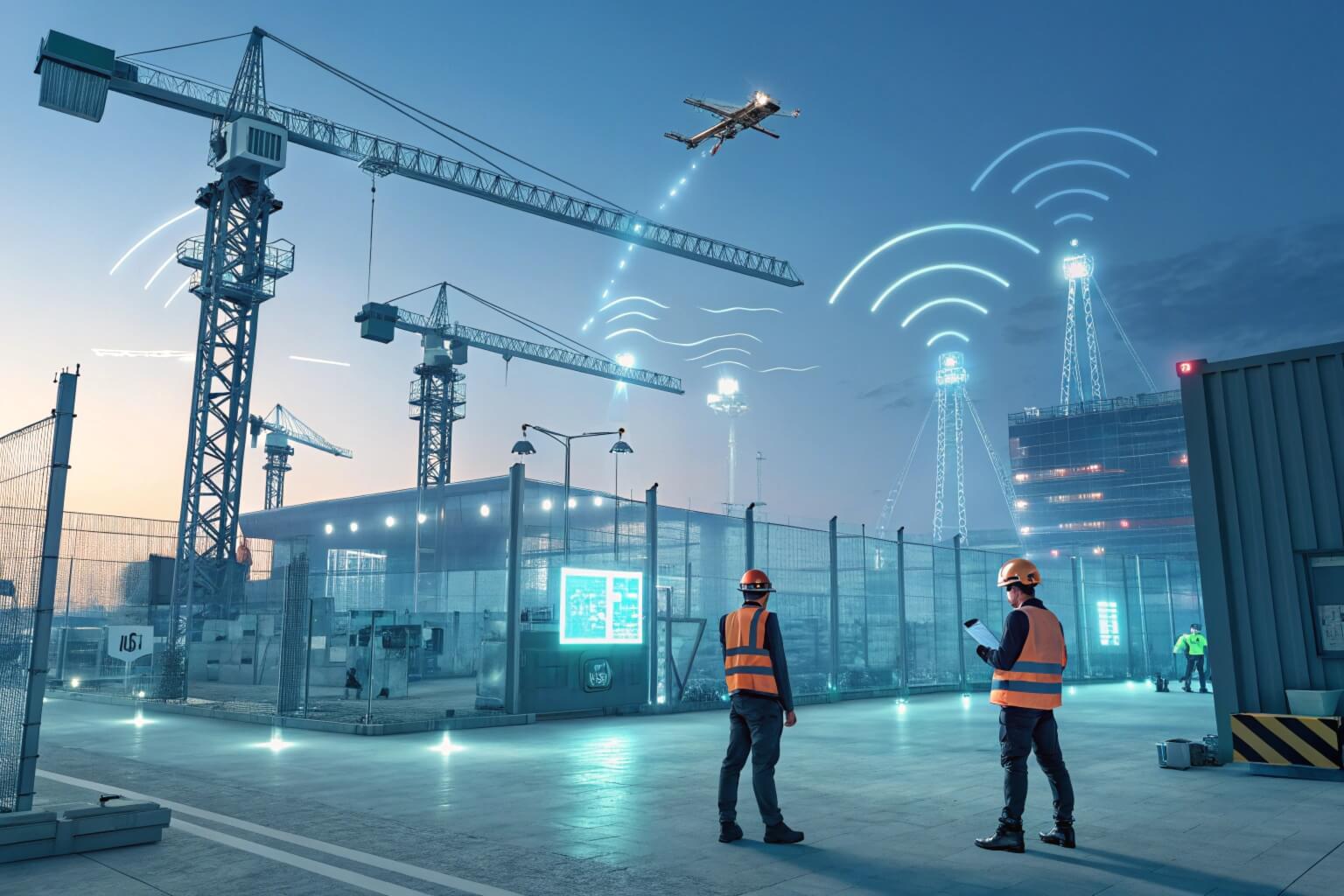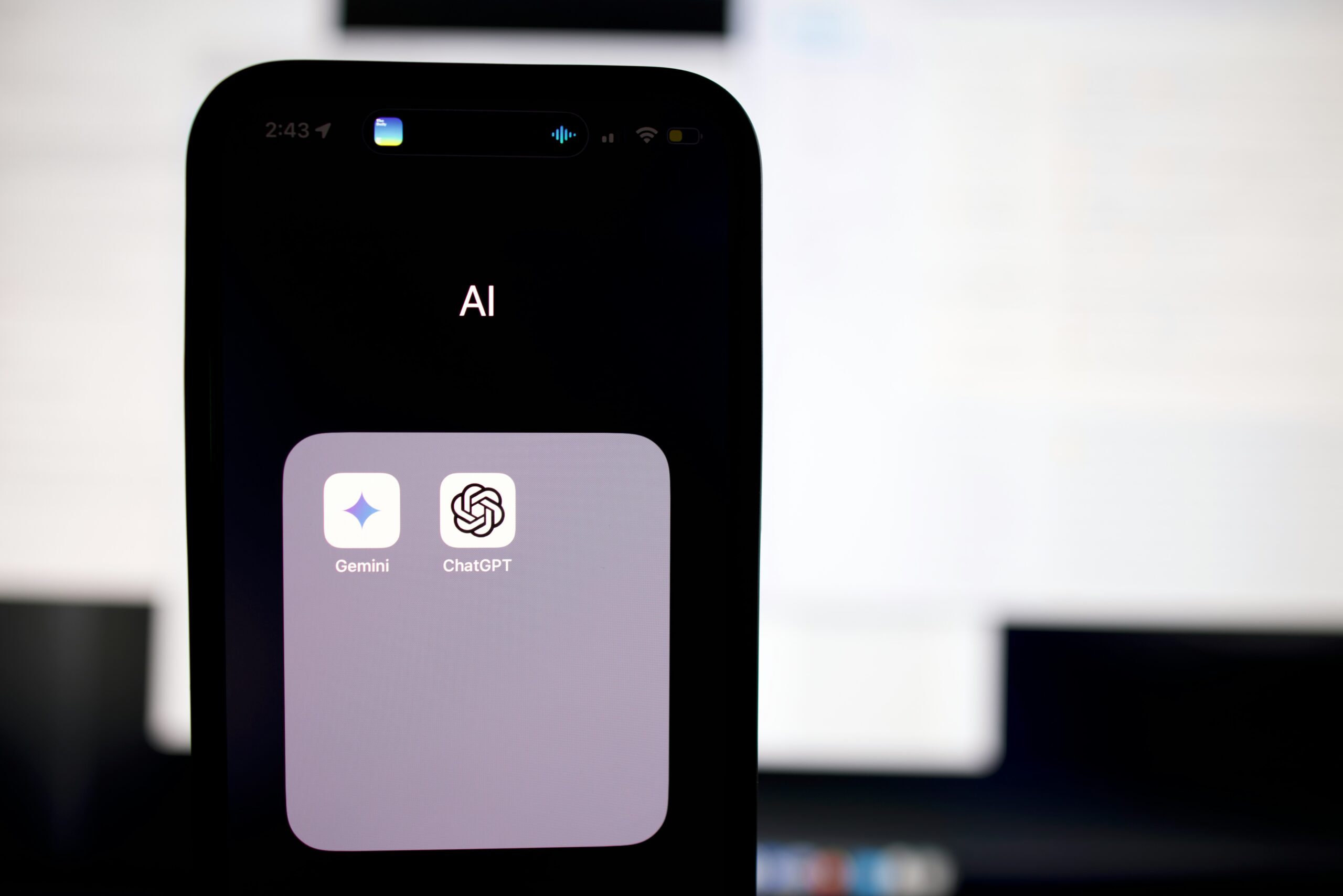
Picture this: You're overseeing a multi-million dollar construction project in downtown Miami. Your team is using AI-powered project management software, smart sensors are monitoring everything from concrete curing to crane operations, and your entire blueprint library is stored in the cloud. Sounds efficient, right? But here's the thing - each of these technological advances could be a potential gateway for cybercriminals.
I've spent years working with construction firms in South Florida, and I've noticed a troubling trend: while we're racing to embrace AI and digital transformation, we're often leaving the door wide open to cyber threats. According to recent studies, the construction industry has become increasingly vulnerable to sophisticated cyber attacks. Let's dive into what this means for your construction business and how to stay protected.
The Perfect Storm: Why Miami's Construction Industry is a Prime Target
Miami's construction boom isn't just catching the eye of developers - it's attracting cybercriminals too. Our industry has become what I like to call a "perfect storm" of vulnerability. Research from PBMares shows that the construction sector's rapid digitization has created unique security challenges.
- We're handling massive budgets (hello, tempting target!)
- Our project data is increasingly digitized
- We're rapidly adopting AI and IoT devices
- Many firms are still playing catch-up with cybersecurity
According to Woodruff Sawyer, the construction industry faces an average cost of $5.4 million per breach. For perspective, that's roughly the budget of a mid-sized Miami condo renovation project - gone in an instant.
The AI Double-Edge Sword
How AI is Transforming Both Sides of the Cybersecurity Battle
Remember when the biggest security concern on a construction site was physical theft? Those days are long gone. Bradley's research shows that AI has completely changed the game - for better and worse.
- Create sophisticated phishing emails that mimic legitimate vendor communications
- Automate attacks on construction management software
- Exploit vulnerabilities in IoT devices on construction sites
- Generate convincing fake invoices and payment requests
But here's the good news - we're not defenseless. As noted by CFMA, AI is also becoming our strongest ally in cybersecurity:
| Feature | Benefit |
|---|---|
| Real-time monitoring | Detects unusual patterns in system access |
| Predictive analysis | Identifies potential vulnerabilities before they're exploited |
| Automated response | Blocks suspicious activities instantly |
| Learning capability | Adapts to new types of threats |
The Unique Vulnerabilities of Construction Firms

Let me share a story that hits close to home. Last year, a Miami contractor lost $1.2 million when hackers intercepted and modified payment instructions for a major supply order. The scary part? The fake email looked completely legitimate. According to Alliant Insurance Services, these types of attacks are becoming increasingly common in the construction sector.
- We rely heavily on temporary workers and subcontractors
- Our projects involve multiple stakeholders accessing shared systems
- Many sites use remote access technologies
- Critical project data is often stored across various platforms
Your Cybersecurity Action Plan
Think of cybersecurity like building a structure - you need a solid foundation and multiple layers of protection. Foundation Software suggests the following blueprint for better security:
Immediate Steps:
- Conduct a comprehensive security audit
- Implement multi-factor authentication across all systems
- Train your team on cybersecurity best practices
- Develop an incident response plan
Long-term Strategies:
- Invest in AI-powered security solutions
- Regular penetration testing
- Create a vendor security assessment program
- Establish a security-first culture
The Role of CISA and Industry Standards
According to Capitol Technology University, the Cybersecurity and Infrastructure Security Agency (CISA) has become increasingly involved in construction cybersecurity, especially regarding AI implementation. They provide crucial guidelines for:
- AI system security assessment
- Critical infrastructure protection
- Incident reporting protocols
- Industry-specific security frameworks
Looking Ahead: The Future of Construction Cybersecurity

The construction industry is at a crossroads. As Dean Dorton points out, as we continue to embrace AI and digital transformation, cybersecurity can't be an afterthought. In Miami's competitive construction market, having robust cybersecurity isn't just about protection - it's becoming a competitive advantage.
Take Action Now
Don't wait for a breach to take cybersecurity seriously. Start by assessing your current security posture and identifying gaps. Remember, in today's connected construction industry, cybersecurity is just as important as physical safety on your sites.






